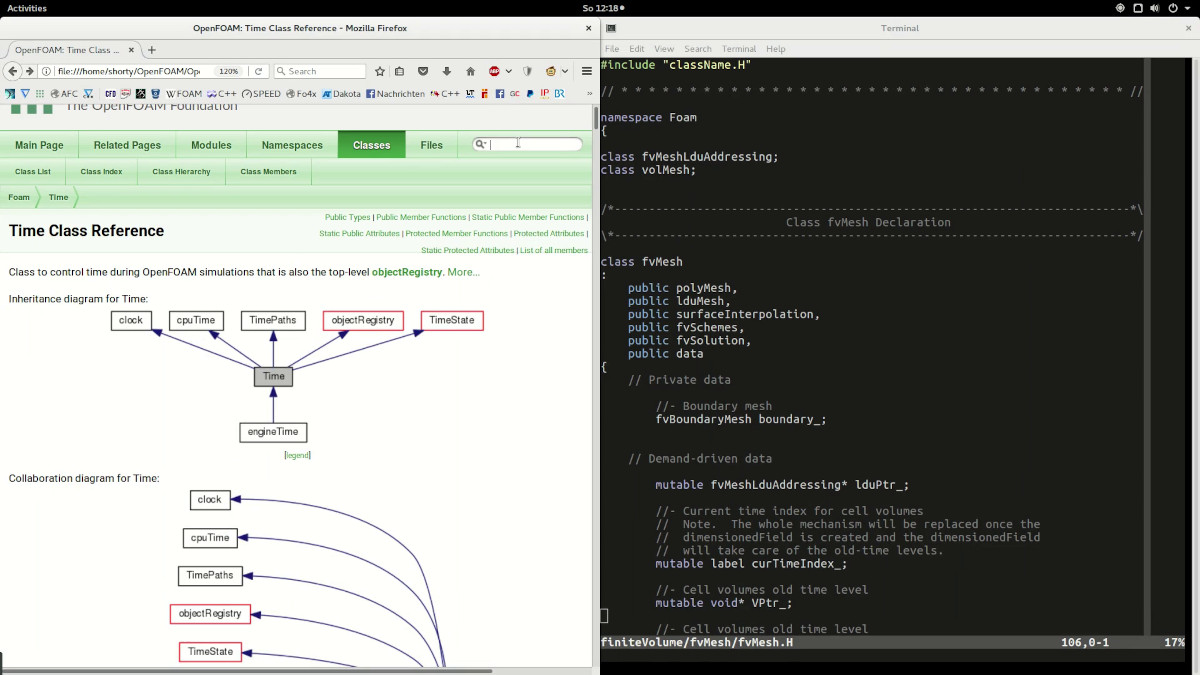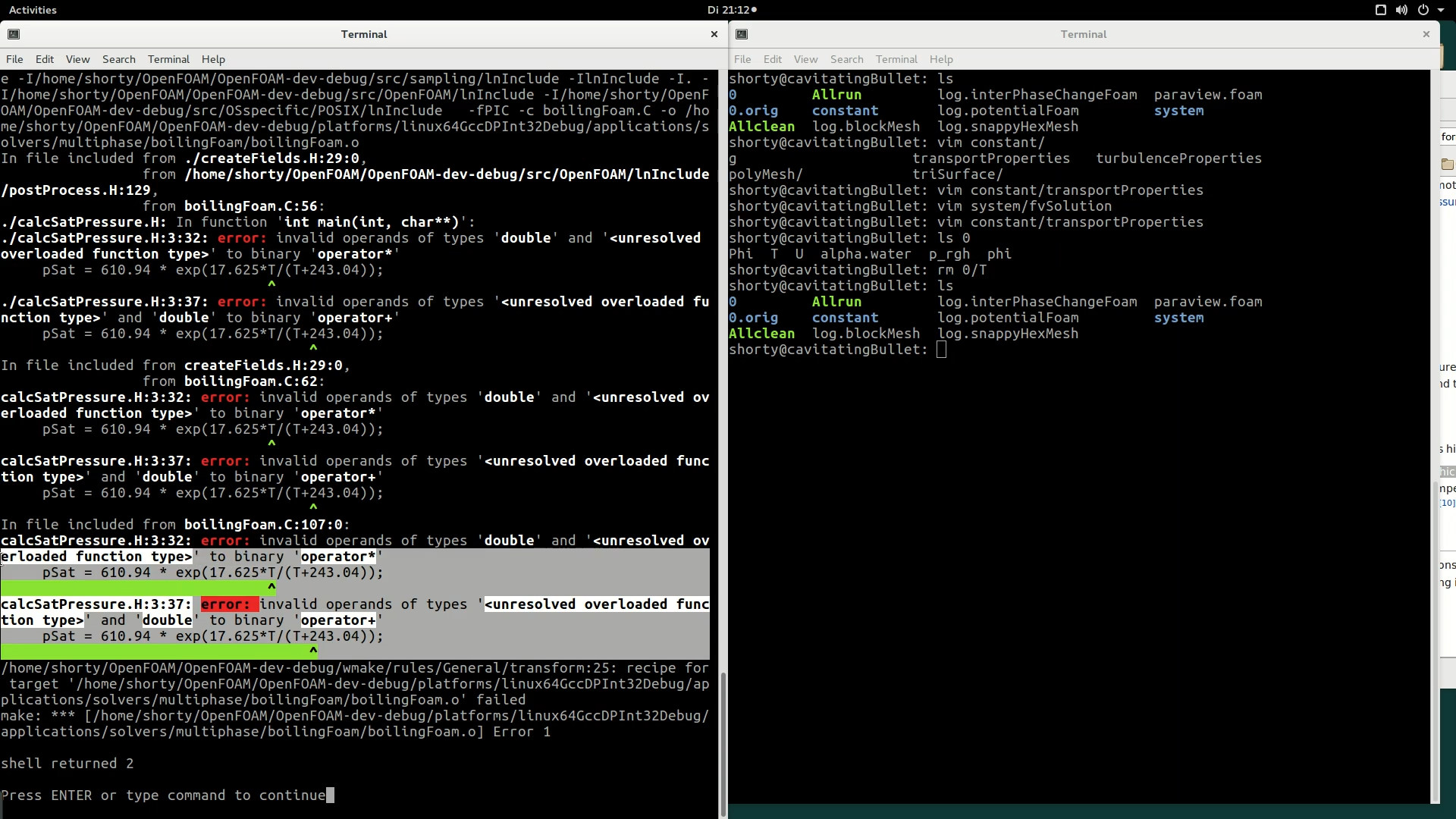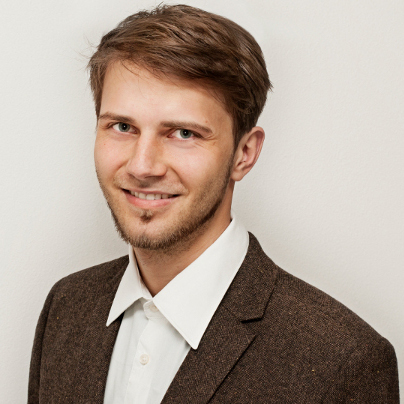OpenFOAM® Programming Videos
OpenFOAM® offers a wide range of applications and libraries but in particular cases a new extension or developement has to be added
OpenFOAM® stands for «Open Field Operation and Manipulation« and represents a large c++ framework. Therefore, it is recommended to know the programming language c++ to understand the code in detail. However, the standard libraries and applications can be used to investigate a lot of computational fluid dynamics scenarios, including combustion, particle tracking, multiphase analysis, and much more. Nevertheless, it is not possible to cover all special topics within the standard libraries and applications. Thus, if one wants to investigate special issues that are not covered by the default libraries and applications, the new model, theory, or feature has to be programmed.
Knowing the classes of the environment and Doxygen helps to understand the toolbox
Tobias is going to start the new and forever free training videos during autumn/winter 2020. The new training session will demonstrate how to use the FOAM:: namespace environment and program your application and libraries. Furthermore, Doxygen will be explained, and if there are time and interest from the community, Tobias will show you how one can use the GDB debugger and profiling c++ code.
Introduction and new Solver
An introduction to the OpenFOAM® classes, Doxygen, and much more. The videos are based on OpenFOAM® version 4

Debugging the c++ source code using GDB
A basic and brief introduction for using the debugger GDB for your c++ programs


